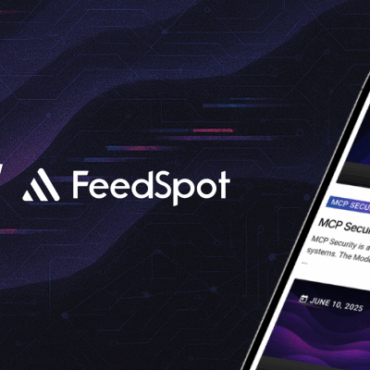The search for a new way to report AI model flaws
Axios, August 6, 2024
AI security experts are convening in Las Vegas this week to tackle a critical challenge: establishing effective methods for reporting security vulnerabilities in AI models. Currently, there is no standardized process for ethical hackers to share their findings with AI model operators, which creates a gap in addressing potential risks. Even when companies receive reports, they often focus on isolated issues like specific queries that can manipulate a model into disclosing sensitive information, without addressing the underlying vulnerabilities that could be exploited on a larger scale. Unlike traditional software, AI models face unique security challenges, such as generating outputs that inadvertently include sensitive data or exhibit biases, making the need for a new approach to bug reporting and resolution essential.
This week’s DEF CON conference features the AI Village’s second annual Generative AI Red Teaming exercise, aimed at refining the process of identifying and reporting AI security flaws. Collaborating with the Allen Institute for Artificial Intelligence, participants will test an open-source language model, reporting any vulnerabilities they discover and explaining how these flaws bypass existing safeguards. This effort builds on last year’s foundational work, which focused on basic “jail-breaking” of AI models and sparked essential conversations about AI security. Moving forward, the insights gained from this exercise are expected to inform the development of more robust and tailored bug reporting systems that address the unique challenges posed by AI, ensuring these technologies are deployed safely and securely.
Black Hat USA 2024 notes: AI attacks may soon turn lethal, AI Threat report shows
CIO News, August 6, 2024
A recent AI Threat Landscape reveals that 98% of IT professionals believe that AI models are essential to business success, highlighting the critical need for enhanced security measures. As AI becomes increasingly integral to operations, attackers are targeting these systems through various methods, such as data poisoning and model theft, to exploit vulnerabilities. The growing reliance on AI in sectors like finance, healthcare, and defense makes them particularly vulnerable, with potential risks ranging from economic disruption to lethal outcomes if AI models are compromised.
In light of these threats, organizations must urgently adapt to the evolving security landscape. Chief Information Security Officers (CISOs) need to deepen their understanding of AI’s role in their operations to close the security gaps that attackers might exploit. Implementing red team exercises, improving communication between data scientists and security teams, and continuously monitoring AI outputs for anomalies are crucial steps in protecting AI systems from malicious actors. The consequences of failing to secure AI could be devastating, underscoring the importance of proactive security strategies in the AI era.
Anthropic offers $15,000 bounties to hackers in push for AI safety
VentureBeat, August 8, 2024
Anthropic, an AI startup supported by Amazon, has launched an expanded bug bounty program, offering up to $15,000 for finding critical vulnerabilities in its AI systems. This initiative focuses on “universal jailbreak” attacks that could bypass AI safety measures in high-risk areas, like cybersecurity and CBRN threats. By inviting ethical hackers to test its safety system before public release, Anthropic aims to prevent potential AI misuse. This move sets a new standard for transparency in AI safety, contrasting with other tech giants and addressing the urgent need for AI security.
While bug bounties are valuable for identifying specific vulnerabilities, they may not fully address broader AI safety challenges, such as long-term alignment with human values. Anthropic’s program, launched in partnership with HackerOne, marks a significant step in industry collaboration on AI safety, reflecting the growing role of private companies in setting standards. However, it also raises questions about balancing corporate innovation with public oversight in shaping the future of AI governance. The success of this program could influence how AI companies prioritize safety in the years ahead.
Subscribe for updates
Stay up to date with what is happening! Get a first look at news, noteworthy research and worst attacks on AI delivered right in your inbox.




